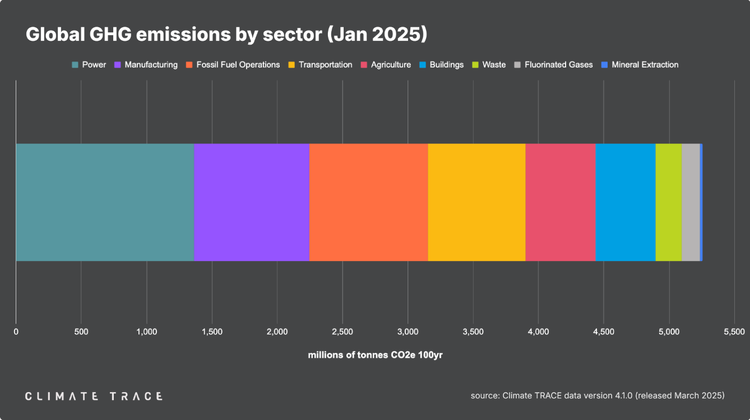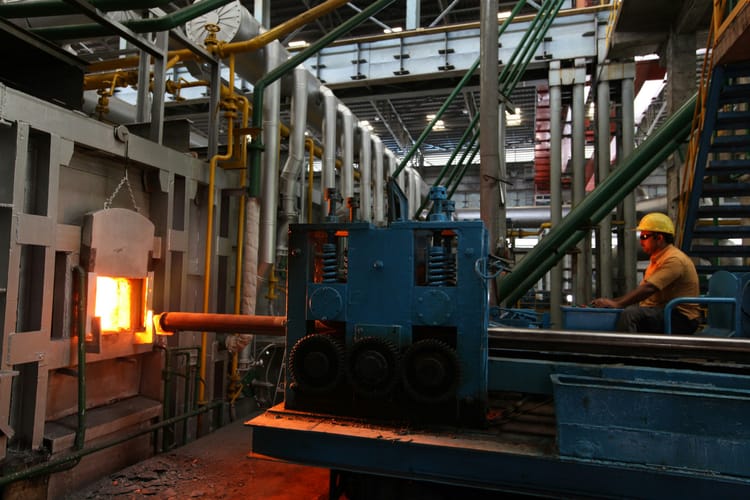Baltimore Aircoil Company names first Global Sustainability Director

Cooling equipment firm Baltimore Aircoil Company (BAC) has named Brie Welzer as its first Global Sustainability Director.
The firm, which offers HVAC, refrigeration and industrial cooling solutions in North America, Europe, Africa, Asia and Australia, is in the process of conducting its first double materiality assessment – in preparation for compliance with the EU’s Corporate Sustainability Reporting Directive (CSRD) – due to be completed in December 2024.
Now, it has brought in Brie Welzer, former Director of Sustainability and Responsible Sourcing at ESG consultancy The Uplift Agency, to lead the development of a sustainability strategy on a global basis.
A ‘pivotal’ role
She is tasked with “establishing and managing a framework to assess BAC's global impact on society and the environment, while also ensuring compliance with regulatory environmental and safety standards”, according to her job description.
Welzer’s role, described by the company as “pivotal”, “highly visible” and “transformational”, also involves engaging with internal and external stakeholders to drive change and communicate on the company’s sustainability initiatives, as well as setting short and long-term milestones to be met by other functional departments.
Before her time at The Uplift Agency, she spent nearly 10 years at ecolabel Green Seal, as an environmental scientist, Science and Standards Programme Manager, and finally as the organisation’s Director.
BAC sustainability strategy: focus on energy efficiency
According to BAC’s latest ESG report, more than 90% of the carbon footprint of its products is generated during operation – meaning its greatest area of impact is in improving the energy efficiency of its units.
As a result, the company has set a target to have Life Cycle Assessments (LCA) available for product lines that cumulatively represent at least 75% of our annual revenue by 2030.
In parallel, it decreased the energy intensity of its operations by 17% reduction between its 2019 baseline and 2023 – though absolute energy consumption increased by 13%, along with business growth.







Member discussion